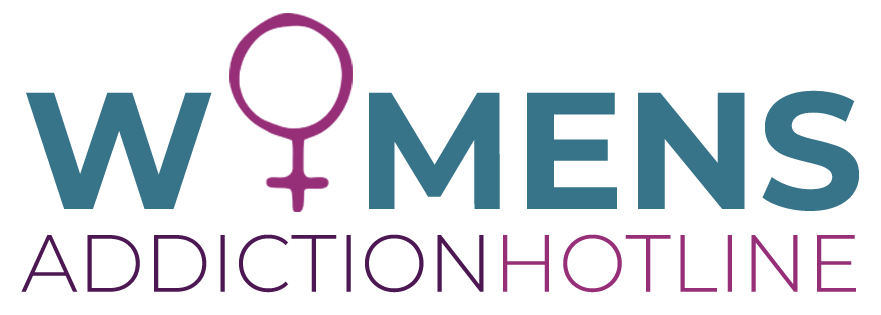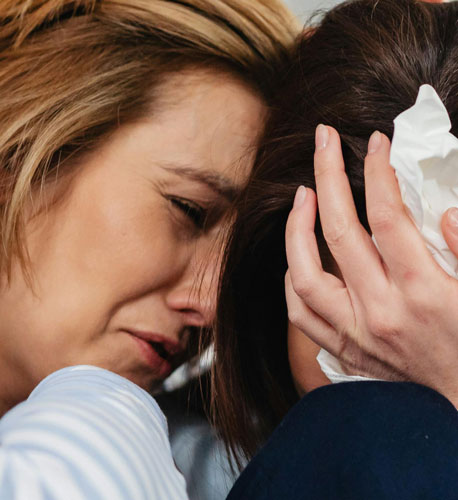Utah Women’s Addiction Hotline
Utah Women’s Substance Abuse Hotline
Utah Women’s Drug & Alcohol Abuse Statistics
Substance abuse among women in Utah is a significant issue, with a prevalence rate of 7.8% for women positive for illicit drugs and alcohol combined[1]. From 2013-2015, 776 Utah women died from a drug overdose[2]. Although men are more likely to die from a drug overdose in Utah and the US as a whole, substance abuse still affects a significant number of women[2]. According to a snapshot released by the Utah Women & Leadership Project at Utah Valley University, approximately 4.5 million women in the US have some sort of drug abuse problem[3]. These statistics highlight the need for increased awareness and access to resources for women struggling with substance abuse in Utah.
The types of substances abused by women in Utah vary, with the majority of women having more than one substance identified[4]. Cocaine-positive and marijuana-positive women were found to be more likely to be non-white[1]. Women are also more likely to be prescribed opioids and to develop an addiction more easily than men[2]. This highlights the need for increased attention to the specific risk factors and challenges faced by women in Utah when it comes to substance abuse.
Substance abuse can have a significant impact on women’s health and well-being in Utah. It can lead to a range of negative consequences, including: – Increased risk of mental health disorders, such as depression and anxiety – Increased risk of physical health problems, such as liver disease and heart disease – Increased risk of domestic violence and sexual assault – Increased risk of involvement with the criminal justice system These consequences can have a profound impact on women’s lives, as well as on their families and communities[5]. Increased access to resources and support for women struggling with substance abuse in Utah can help mitigate these negative effects and promote better health and well-being for all.
References
1. The prevalence of substance abuse among pregnant …. from pubmed.ncbi.nlm.nih.gov/8423958/
2. Substance Use Disorders Among Utah Women. from www.usu.edu
3. Women More Likely to Experience Drug Addiction. from healthcare.utah.edu
4. Pregnancy-Associated Death in Utah: Contribution of Drug …. from www.ncbi.nlm.nih.gov/pmc/articles/PMC6548332/
5. Research snapshot shows Utah women face substance …. from www.uvu.edu

Women’s Substance Abuse Treatment Resources Utah
Utah Government Department of Substance Use
Utah Government Department of Substance Use. The Utah Division of Substance Abuse and Mental Health (DSAMH), housed within the Utah Department of Human Services, stands as a pivotal agency dedicated to enhancing the well-being of Utahns through comprehensive substance abuse and mental health services. With a mission centered on prevention, intervention, treatment, and recovery, DSAMH collaborates with diverse stakeholders to address the complex challenges associated with substance abuse and mental health disorders across the state. Through evidence-based practices, innovative initiatives, and a commitment to equity and inclusivity, DSAMH strives to empower individuals, families, and communities to achieve optimal health and resilience. Their comprehensive approach encompasses a spectrum of services, ranging from prevention and early intervention efforts to specialized treatment modalities and ongoing support for sustained recovery, thereby fostering a healthier and more vibrant Utah.

Utah Support Advocates for Recovery Awareness USARA
Utah Support Advocates for Recovery Awareness USARA’s mission is to connect and inspire communities to advocate for addiction recovery. We envision a Utah where recovery community and connection are recognized as the most valuable assets for people to recover from addiction. Peer recovery support services, delivered by peer recovery coaches, are a form of non-clinical support that brings the lived experience of recovery along with training and supervision to assist individuals in initiating and/or maintaining recovery. USARA’s Community Reinforcement and Family Training (CRAFT) support group is a free program for family members and friends who are concerned about someone close to them with a substance use disorder.

House Of Hope Utah Women Mother Treatment Substance Abuse Disorder
House Of Hope Utah Women Mother Treatment Substance Abuse Disorder. House of Hope is a nonprofit organization providing treatment for women and mothers with substance use disorders and their children throughout Utah since 1953. Residential treatment services for women with substance use disorders. House of Hope has four residential facilities located in downtown Salt Lake City where women and their children live while they participate in House of Hope’s residential program. House of Hope offers day treatment and intensive outpatient care to women with substance use disorders at our Salt Lake City treatment facility. Treatment typically occurs Monday through Friday on site. Schedules are determined by individual need for treatment services. Each client receives a care team with a case manager, therapist, and children’s case manager, if applicable. All treatment is individualized to ensure our clients receive the best treatment to build success in recovery.
Volunteers of America Utah Women’s Residential Detoxification
Volunteers of America Utah Women’s Residential Detoxification. Center for Women and Children, Volunteers of America, Utah’s Center for Women and Children is a social model residential detoxification center. This center is for women 18 years and older in need of detoxification & withdrawal management services. Clients also have the option of having their children stay in the facility with them. The Center for Women and Children is a social model detoxification facility which provides a safe place to stay for women withdrawing from use of alcohol or drugs. Women may stay at this residential facility for up to 30 days. During their stay, women will have the opportunity to meet with a case manager to discuss their eligibility for substance abuse treatment, as well as get connected to other needed resources. Women may bring children 10 years old and younger with them. Clients will receive three meals a day, access to an outdoor area, and will be able to attend supportive programming activities, including recovery-focused support groups and working in our onsite garden.

